Introduction
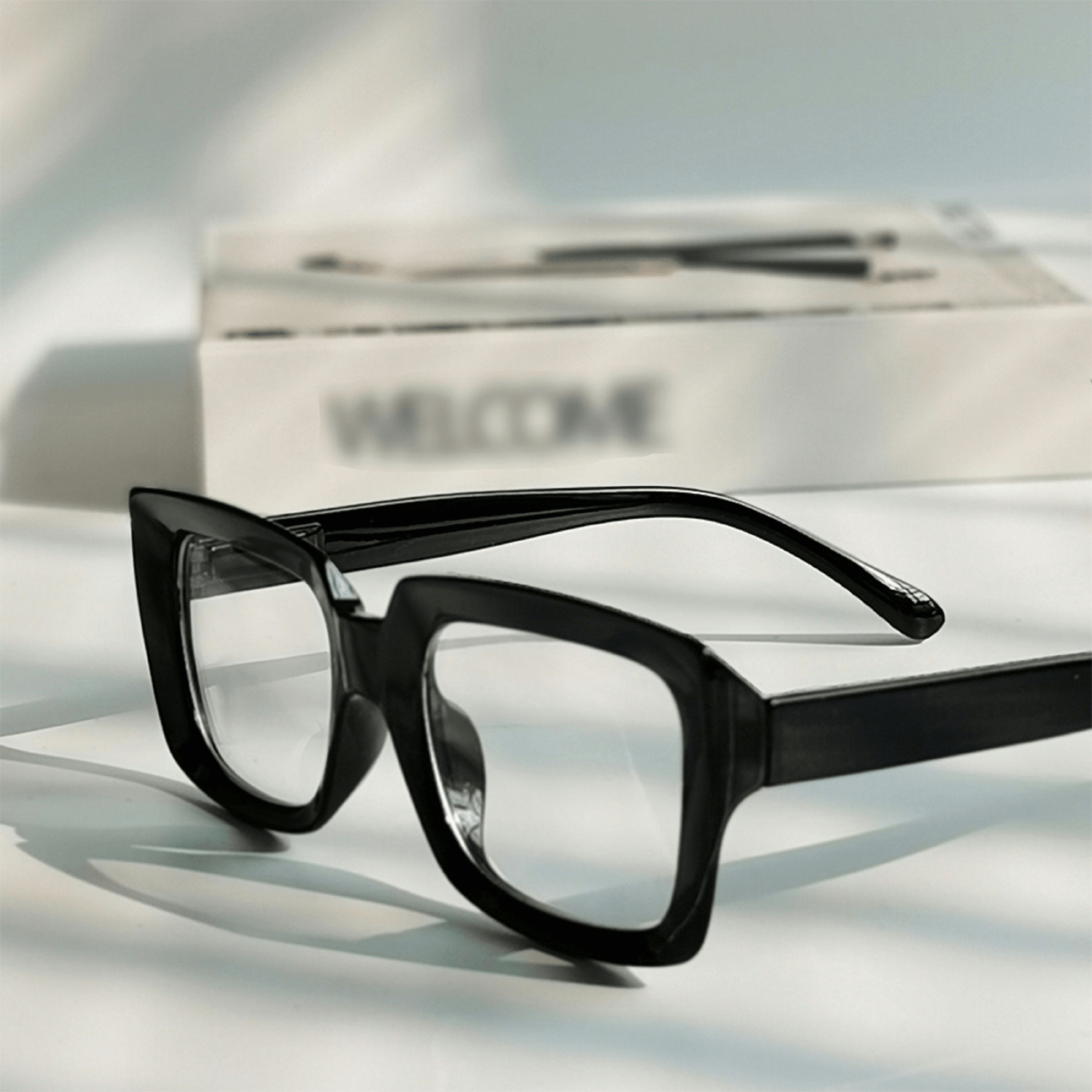
In a world increasingly concerned with sustainability and quality, the debate between acetate and plastic has gained significant traction. Many are left pondering, Is acetate better than plastic? This question goes beyond mere preference; it delves into the realms of durability, aesthetics, and environmental impact.
The Growing Debate: Acetate vs. Plastic
As consumers become more discerning about their choices, the differences between acetate and plastic have come to the forefront. Questions like Why is acetate better than plastic? are frequently discussed in fashion circles and among eco-conscious shoppers alike. With both materials vying for attention in eyewear design, understanding their unique properties is essential for making informed decisions.
A Closer Look at Acetate
Acetate is often hailed as a high-quality material that offers a blend of style and functionality. But what exactly makes it stand out? When we ask ourselves Is acetate high quality?, we begin to explore its characteristics—durability, aesthetic appeal, and comfort—that set it apart from its plastic counterpart.
Environmental Impact of Acetate and Plastic
The environmental implications of our material choices cannot be overlooked in this debate. Are acetate glasses better than plastic when considering biodegradability? By examining the lifecycle of both materials, we can better understand their impact on our planet and why many believe that acetate frames may be the more responsible choice moving forward.
What Makes Acetate High Quality?
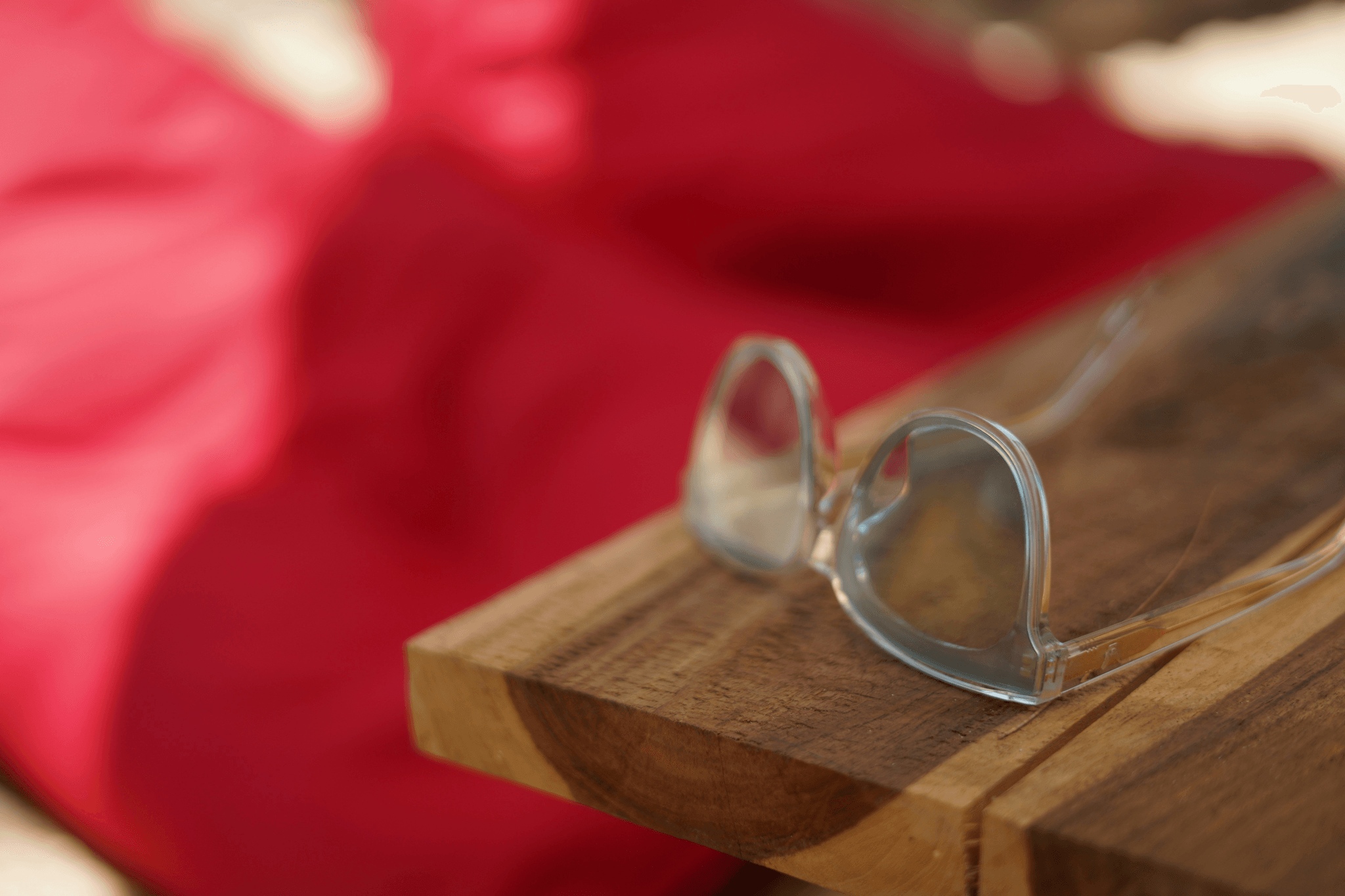
Durability Compared to Plastic
One of the standout features that make acetate high quality is its remarkable durability when compared to plastic. Unlike plastic frames that can easily bend or warp over time, acetate maintains its shape and integrity even with daily wear and tear. This resilience not only extends the lifespan of your eyewear but also reinforces why many consumers are asking, Why is acetate better than plastic?
Furthermore, while both materials can withstand some level of impact, acetate tends to fare better in terms of resistance to scratches and fading. This means that your stylish acetate frames will continue looking sharp long after their plastic counterparts have shown signs of aging. With such durability in mind, it's clear that choosing acetate frames could be a wise investment for those prioritizing longevity.
Aesthetic Appeal of Acetate
The aesthetic allure of acetate cannot be overstated; it offers a richness and depth that simply cannot be achieved with standard plastic materials. Available in a myriad of colors and patterns, acetate allows for unique designs that cater to individual tastes—making it a favorite among fashion-forward individuals asking if are acetate glasses better than plastic? The vibrant hues and intricate patterns available with acetate create an eye-catching effect that's hard to ignore.
Moreover, the glossy finish commonly found on acetate frames adds an element of sophistication that enhances any outfit. When you wear eyewear made from this material, you're not just making a functional choice; you're making a style statement! It's no wonder many people consider the aesthetic appeal when weighing their options between these two materials.
Comfort in Wear: Acetate vs. Plastic
Comfort is another crucial factor when discussing what makes acetates high quality compared to plastic alternatives. Acetate frames are known for their lightweight nature; they sit comfortably on your face without causing discomfort during extended wear—something often lacking in heavier plastic styles. This leads us back to our ongoing inquiry: Is acetate better than plastic?
Additionally, the smooth texture of acetates reduces irritation against the skin—a common complaint with some lower-quality plastics which may cause allergic reactions or discomfort over time. For those who prioritize comfort alongside style and durability while pondering what are the pros and cons of acetate frames? The benefits clearly outweigh any potential drawbacks.
In summary, the combination of durability, aesthetic appeal, and unparalleled comfort makes acetates stand out as a premium option for eyewear enthusiasts everywhere.
Why is Acetate Better Than Plastic?
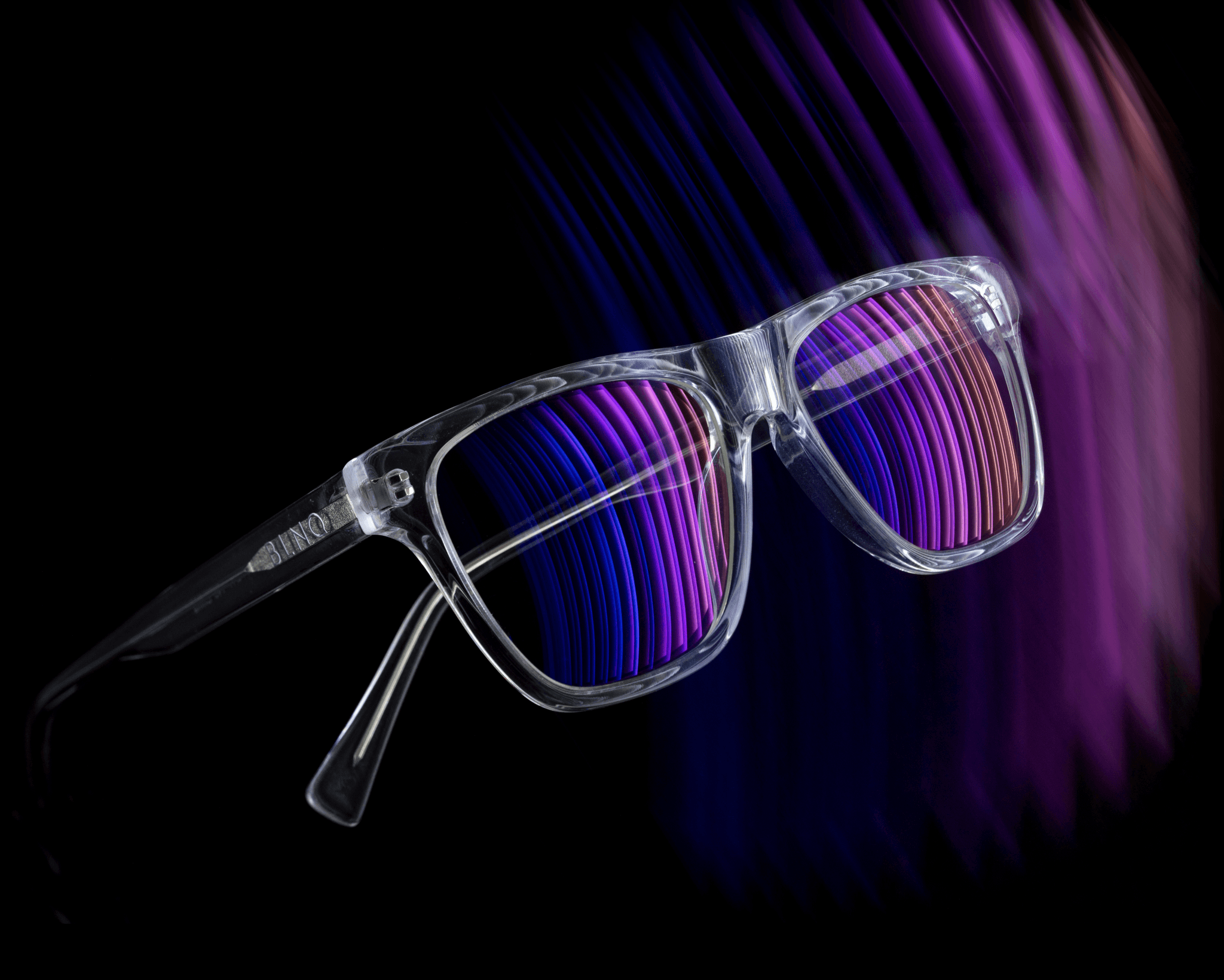
Biodegradability of Acetate
One of the most significant advantages of acetate over plastic is its biodegradability. Unlike traditional plastics that can take centuries to decompose, acetate breaks down more rapidly under natural conditions, reducing long-term waste in landfills and oceans. This characteristic makes you wonder: why is acetate better than plastic when it comes to sustainability? The answer lies in its ability to return to nature without leaving harmful residues behind.
Reduced Risk of Allergies
Another reason why many ask, Are acetate glasses better than plastic? is due to the reduced risk of allergies associated with acetate frames. Many people experience skin irritation or allergic reactions from certain types of plastics, which can contain harmful chemicals like BPA or phthalates. Acetate, on the other hand, is made from natural cellulose fibers and tends to be hypoallergenic, making it a safer option for those with sensitive skin.
Superior Finish and Colors
In terms of aesthetics, it's hard to deny that acetate offers a superior finish compared to plastic alternatives. When you think about style and design—Is acetate high quality?—the vibrant colors and patterns achievable with acetate truly shine through.
Are Acetate Glasses Better Than Plastic?
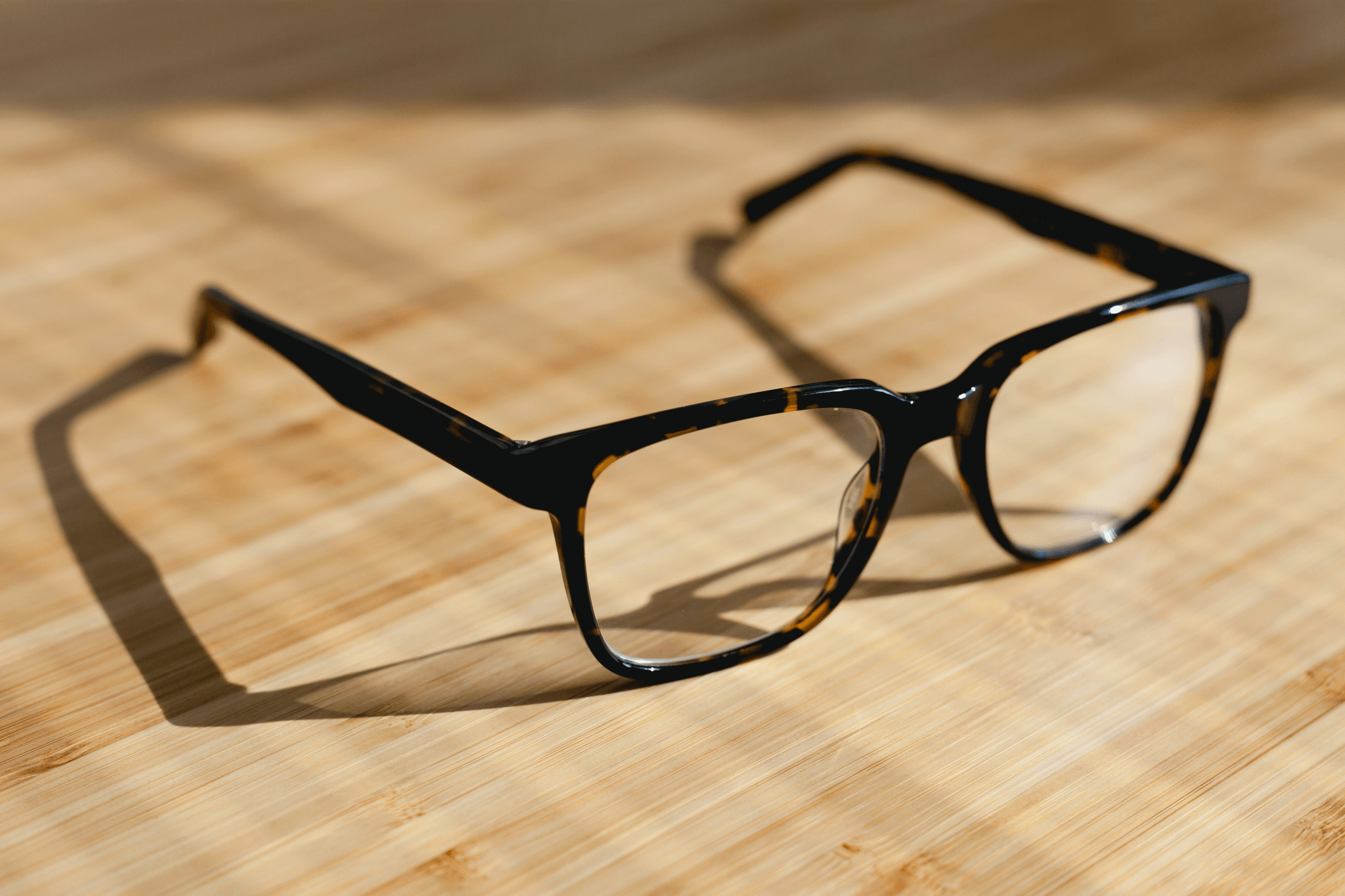
Style and Trend Factors
One of the most compelling reasons people ask, Why is acetate better than plastic? lies in its stylish appeal. Acetate frames come in a variety of vibrant colors and patterns that can be customized to reflect individual personality and trends. Unlike plastic frames, which often appear more uniform and less dynamic, acetate offers unique designs that can make a statement—perfect for those looking to elevate their fashion game.
Moreover, acetate’s luxurious look has made it a favorite among designers and fashionistas alike. The material's ability to hold intricate patterns while maintaining a high-quality finish sets it apart from its plastic counterparts. In an industry driven by aesthetics, having stylish eyewear is crucial; thus, many opt for acetate when considering their next pair of glasses.
Lens Clarity and Quality
When evaluating whether is acetate high quality?, lens clarity becomes a significant factor. Acetate frames typically provide better support for high-quality lenses compared to plastic ones due to their sturdier structure. This enhanced stability ensures that lenses remain securely in place, leading to improved optical precision—a vital aspect for anyone who values clear vision.
Additionally, the manufacturing process for acetate allows for greater customization in lens options without compromising on clarity or quality. When you choose acetate glasses over plastic ones, you are not just investing in style but also ensuring that your vision remains sharp and unblemished by inferior frame materials. It's easy to see why many prefer this superior option!
Long-term Performance
In the debate of are acetate glasses better than plastic?, longevity plays a pivotal role as well. Acetate frames are known for their durability; they resist wear-and-tear much better than typical plastic alternatives over time. This means that while upfront costs might be higher with acetate frames initially, they often prove more cost-effective when considering their long-term performance.
Furthermore, the resilience of acetate means it is less likely to warp or lose shape with daily use compared to plastic frames that may become flimsy or discolored over time. As consumers become increasingly aware of sustainability issues—prompting them to consider what are the pros and cons of acetate frames?—the longevity factor becomes even more appealing as an eco-friendly choice as well.
In conclusion, if you're weighing your options between these two materials based on style preferences or practical considerations like lens clarity and durability—acetate undoubtedly stands out as an exceptional choice!
What are the Pros and Cons of Acetate Frames?
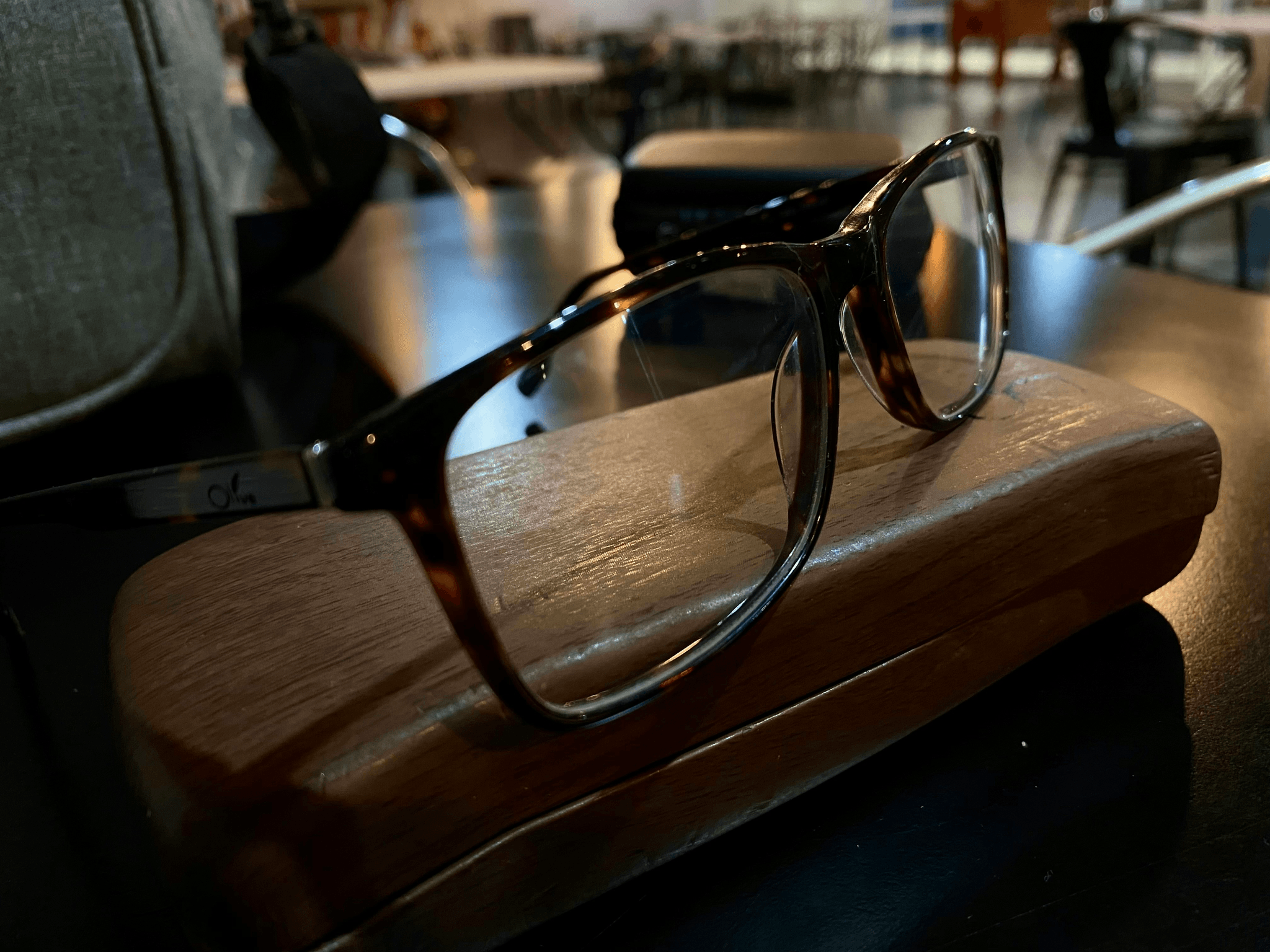
When considering eyewear options, understanding the pros and cons of acetate frames is essential. Many ask, Is acetate better than plastic? The answer often leans towards yes, especially when you delve into the unique attributes of acetate that set it apart from its plastic counterparts.
Advantages of Acetate Frames
Acetate frames boast a range of advantages that contribute to their popularity in the eyewear market. First, they offer remarkable durability, standing up to wear and tear much better than typical plastic frames. Additionally, their aesthetic appeal shines through vibrant colors and patterns that can be customized to fit individual styles—this leads many to wonder why acetate is considered high quality in comparison to plastic.
Another significant advantage is comfort; acetate is lightweight and can be adjusted for a perfect fit without compromising style or functionality. Those who have worn both materials often find themselves asking, Are acetate glasses better than plastic? The consensus tends to favor acetate due to its softer feel against the skin and overall comfort during extended wear.
Drawbacks to Consider
Despite their many benefits, there are some drawbacks associated with acetate frames that potential buyers should consider. For instance, while they are durable, they can be more susceptible to scratches compared to some high-quality plastics designed specifically for eyewear. This raises questions about long-term maintenance—will these frames hold up over time?
Additionally, while most people appreciate the unique designs available in acetate, some may find that the weight can be slightly heavier than certain lightweight plastics. This might not matter for everyone but could influence those who prioritize ultra-lightweight options in their eyewear choices.
Comparing Cost-effectiveness
When comparing cost-effectiveness between acetate and plastic frames, one must weigh initial investment against longevity and quality over time. Acetate may come with a higher price tag upfront; however, its durability often means fewer replacements down the line—a factor worth considering when asking if is acetate better than plastic?
Moreover, given that many consumers prioritize sustainability nowadays—especially with eco-friendly practices being emphasized by brands like Daposi—the investment in high-quality acetate could align with personal values while offering superior style and performance over cheaper alternatives made from plastic.
In conclusion, understanding what are the pros and cons of acetate frames involves recognizing their strengths in durability and aesthetics alongside considerations regarding maintenance costs and weight preferences.
Daposi: Leading the Charge in Acetate Innovation

Daposi is at the forefront of acetate innovation, redefining what it means to create eyewear that not only looks good but also makes a statement. Their focus on customization and unique designs sets them apart in a market saturated with plastic alternatives. With a commitment to quality, Daposi proves that when it comes to is acetate better than plastic?, the answer is a resounding yes.
Customization and Unique Designs
Customization is where Daposi truly shines, offering tailored solutions that allow brands to express their unique vision. Whether it's through intricate patterns or bespoke shapes, they transform creative ideas into wearable art. This level of personalization not only enhances aesthetic appeal but also raises the question: Why is acetate better than plastic? The answer lies in acetate's versatility and ability to adapt to individual styles.
Daposi’s approach ensures that each piece stands out, making it clear that acetate frames can be as distinctive as the person wearing them. Plus, with endless possibilities for color combinations and finishes, customers can explore styles that resonate with their identity. So when considering are acetate glasses better than plastic?, it’s clear that Daposi's customization options give them an edge.
Sustainability Practices in Production
In today’s eco-conscious world, sustainability practices are crucial, and Daposi takes this responsibility seriously. They utilize eco-friendly materials and processes in their production line, ensuring minimal environmental impact while crafting high-quality acetate frames. This commitment not only highlights why acetate is superior but also addresses concerns regarding waste typically associated with plastic eyewear.
By prioritizing sustainable practices, Daposi aligns itself with consumers who value both style and environmental responsibility—making a strong case for is acetate high quality?. Their dedication to sustainability means less reliance on harmful plastics while producing durable products designed to last longer than traditional alternatives.
Visionary Approaches for Your Brand
Daposi believes in bringing your vision to life—beyond eyewear and beyond expectations! By leveraging cutting-edge production techniques combined with professional expertise, they help designers turn sketches into stunning physical objects. This visionary approach ensures that brands can achieve their goals without compromising on quality or sustainability.
With Daposi by your side, you can navigate the pros and cons of acetate frames confidently while knowing you're supported by a team committed to excellence. Their innovative mindset fosters creativity while maintaining an unwavering focus on delivering top-tier results—perfectly encapsulating why are acetate glasses better than plastic? The answer becomes clearer when you see how well they cater to individual brand needs while promoting eco-friendly solutions.
Conclusion

In the ongoing conversation about eyewear materials, acetate stands out as a superior choice compared to plastic. The debate surrounding is acetate better than plastic? finds its answer in the numerous quality benefits that acetate offers, including durability, aesthetics, and comfort. As we've explored throughout this discussion, the advantages of acetate make it not only a stylish option but also an environmentally conscious one.
Recap of Acetate's Quality Benefits
When considering why is acetate better than plastic?, we must highlight its durability and aesthetic appeal. Acetate frames resist wear and tear much better than their plastic counterparts, ensuring they maintain their look over time. Additionally, the comfort of wearing acetate glasses cannot be overstated; they are lightweight and less prone to causing skin irritation compared to plastic options.
Final Thoughts on Environmental Considerations
The environmental impact of materials used in eyewear cannot be ignored; thus, understanding are acetate glasses better than plastic? is crucial for eco-conscious consumers. Acetate's biodegradability gives it an edge over traditional plastics that linger in landfills for centuries. By choosing acetate over plastic, consumers can make a positive contribution towards reducing waste and promoting sustainability.
Choosing Between Acetate and Plastic for Eyewear
Ultimately, deciding between these two materials boils down to personal preferences and priorities—whether you value style or sustainability more highly. For those pondering what are the pros and cons of acetate frames?, it's essential to weigh their high quality against potential drawbacks like price or care requirements. With brands like Daposi leading the charge in innovation—bringing your vision to life through unique designs—it's clear that choosing acetate can elevate both your style and your commitment to environmental responsibility.
